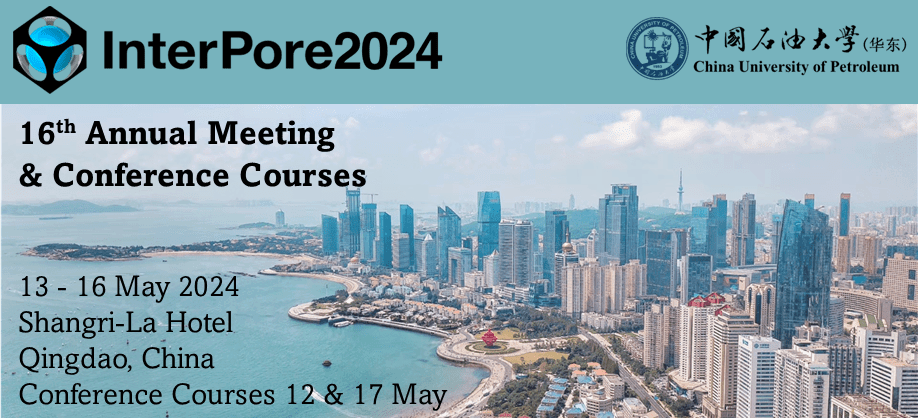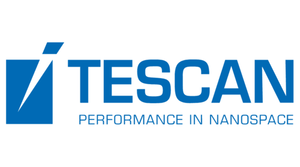Speaker
Description
The assessment of perfluorooctanoic acid (PFOA) photocatalytic degradation usually involves tedious pre-treatment and sophisticated instrumentation, making it impractical to evaluate the degradation process in real-time. Here-in, we synthesized a series of lanthanide metal-organic frameworks (Ln-MOFs) with outstanding fluorescent sensing properties and applied them as luminescent probes in the photocatalytic degradation reaction of PFOA for real-time evaluation. As the catalytic reaction proceeds, the fluorescence color changes significantly from green to orange-red due to the different in-teraction mechanisms between the electron-deficient PFOA and smaller ra-dius F- with the ratiometric fluorescent probe MOF-76 (Tb: Eu=29:1). 1 The limit of detection (LOD) was calculated to be 0.0127 mM for PFOA and 0.00746 mM for F-. In addition, the conversion rate of the catalytic reaction can be read directly based on the chromaticity value by establishing a three-dimensional relationship graph of G/R value-conversion rate-time (G/R in-dicates the ratio between green and red luminance values in the image.), al-lowing for real-time and rapid tracking of the PFOA degradation. The recov-eries of PFOA and F- in the actual water samples were 99.3-102.7% (RSD=2.2-4.4%) and 100.7-105.3% (RSD=3.9-6.8%), respectively. Both the-oretical calculations and experiments reveal that the detection mechanism was attributed to the photoinduced electron transfer and energy transfer be-tween the analytes and the probe. This method simplifies the sample analy-sis process and avoids the use of bulky instruments, and thus has great po-tential on the design and development of quantitative time-resolved visuali-zation methods to assess catalytic performance and reveal mechanisms.
| References | 1. Rosi N L, Kim J, Eddaoudi M, et al. Rod Packings and Metal-Organic Frameworks Constructed from Rod-Shaped Secondary Building Units [J]. Journal of the American Chemical Society, 2005, 127(5): 1504-1518. |
|---|---|
| Country | China |
| Conference Proceedings | I am not interested in having my paper published in the proceedings |
| Acceptance of the Terms & Conditions | Click here to agree |




.jpg)
